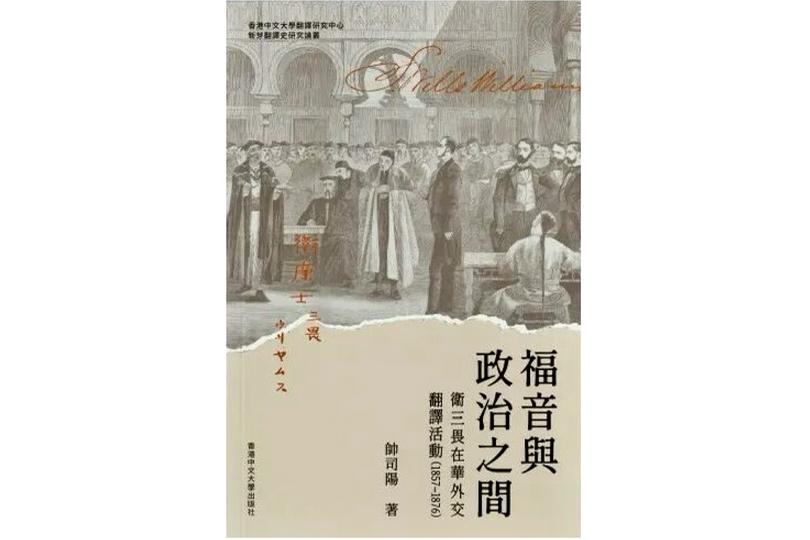The Chinese University of Hong Kong Press has recently published Dr. Shuai Siyang's new book, Between Politics and Gospel: S. Wells Williams' Translation Activities in Sino–U.S. Diplomacy (1857–1876). The work examines the life of S. Wells Williams (1812–1884), a 19th-century missionary, sinologist, and diplomat in China, highlighting how he balanced missionary work with diplomatic responsibilities and how his translation practice bridged religious and national interests.
According to the Chinese Christian Studies, based on the Williams family archives, church records, and official Chinese and American historical sources, the book focuses on three pivotal diplomatic events: the translation disputes over the "Toleration Article," the legal negotiations of the "Burgevine Case," and the Qing Dynasty's participation in the 1876 Philadelphia Exposition as a form of cultural diplomacy.
Shuai emphasizes that Williams' translation strategies facilitated communication between the Qing court, the American side, and missionary groups in China, reflecting a form of "civilizing diplomacy" guided by Christian principles. The study reassesses the translator's active role in modern diplomatic history and illustrates how politics, religion, and culture intersect through translation.
Shuai Siyang is a lecturer and master's supervisor in the Department of Translation and Interpreting at East China Normal University and serves as an honorary associate researcher at the Research Centre for Translation, Chinese University of Hong Kong. His research focuses on the history of Chinese translation and overseas Sinology, with publications in international journals including "Religions," "Journal of Religious History," "Sino-Christian Studies," and "Chinese Comparative Literature."
In the foreword, Professor Lawrence Wang-chi Wong, research professor and emeritus professor at the Department of Translation, Chinese University of Hong Kong, notes that the book, based on Shuai's doctoral dissertation, demonstrates deep engagement with primary sources and scholarly insight.
He noted, "By approaching the case of S. Wells Williams from the perspective of translation, the study provides a more comprehensive understanding of Williams and deepens insight into late Qing missionary translation history and Sino-U.S. diplomatic relations."












